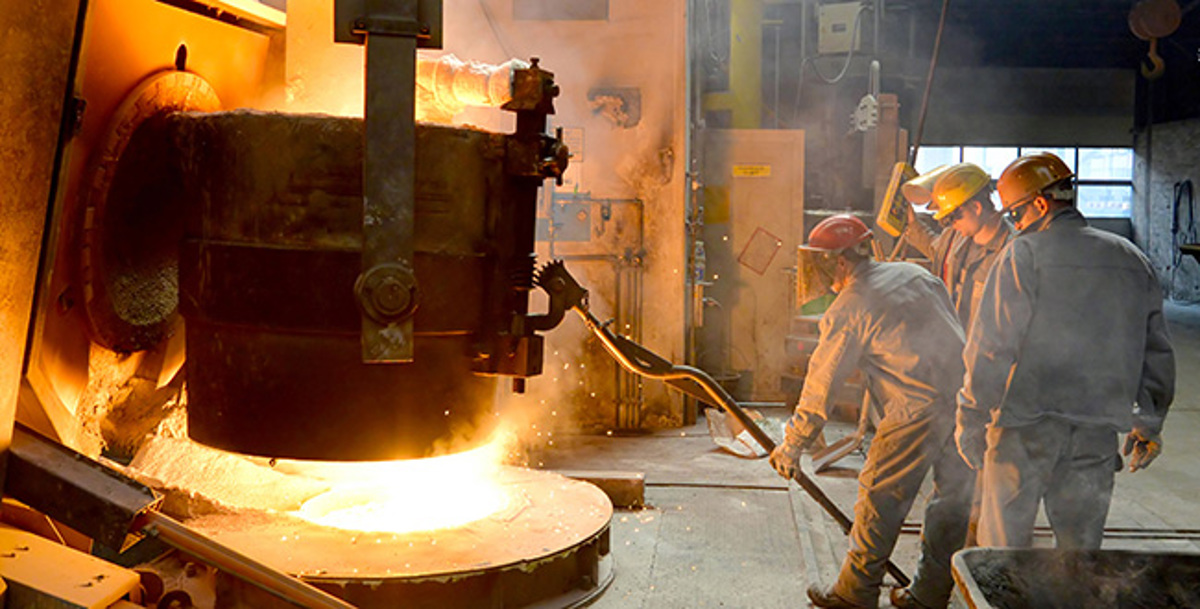On 20 September, thyssenkrupp and Tata Steel announced their intention to create what would become No. 2 in the European flat steel market: ‘thyssenkrupp Tata Steel’, a 50/50 joint venture to be headquartered in the Netherlands, with an estimated workforce of 48,000 employees in 34 locations, a €15 billion annual revenue and 21 million tonnes of shipment per year. While the two multinational companies expect the deal closing to take place by the end of 2018, they have already announced that the operation would entail up to 4,000 job cuts and that further job reductions could not be ruled out in the years to come.
And yet, two and a half months later, detailed information on both the industrial and social aspects of Tata Steel and thyssenkrupp’s plan remain unknown. The complete memorandum of understanding signed by the two companies, the comprehensive business and social plans and the reasoning underpinning the announced large-scale restructuring have neither been introduced to, nor discussed with, Tata Steel’s and thyssenkrupp’s worker representatives, be it at national or European level. The lack of information precludes adequate information, consultation and participation of worker representatives in this major strategic decision-making which could affect the lives of thousands of workers and their families.
As it stands, the envisaged decision to set up a joint venture appears to be driven by mere financial logic, without any industrial long-term perspective. Tata and thyssenkrupp steel operations will not be able to thrive in the long run, nor will the European steel production’s capacities and independence be secured without the guarantee of high-level investments – including in R&D – and a strong industrial base of both corporate and production functions in Europe.
Concerns are all the graver since the integration and optimisation of the production strategy would depend, amongst other things, on the review of the production network which will not start until 2020. While agreements were reached and commitments made by Tata Steel and thyssenkrupp to ensure job security and production levels until 2020-2021 (depending on sites), uncertainty prevails around the industrial and production plans attached to the joint venture post-2020.
Adding to the list of concerns is the fact that national and European rights to information, consultation and participation are not fully respected. Tata Steel and thyssenkrupp’s workers must be able to have a strong say in the corporate strategy before any final decision is taken.
To repeat a message conveyed at the industrial actions which already took place at different sites: We will not accept that the intended joint venture jeopardises the future of our jobs and sites in Europe nor dilute our workers’ rights. We will oppose any restructuring plan and job cuts that would deprive Tata Steel and thyssenkrupp from essential workers’ expertise and know-how, which are crucial to the European steel production. We will not accept that existing commitments concerning investment plans, including that on blast furnace production, be broken. Finally, we will oppose any attempt to weaken our European standard of social dialogue at Tata Steel and thyssenkrupp.
Although time is pressing as the two companies expect the agreement to be signed early 2018, there are still too many uncertainties and potential risks attached to the intended joint venture. Committed to defend the interests of workers across Europe in a united and coordinated manner, Tata Steel and thyssenkrupp steel’s trade unions urgently demand:
- Immediate disclosure of and full transparency on the intended joint venture’s plan, including long-term industrial, social and financial implications.
- No job cuts, but a 10-year guarantee from both companies to commit on the future of jobs, sites, investments and production levels of steel in Europe.
- The respect of workers’ rights to information, consultation and participation on the envisaged plan before the agreement is signed by the two companies; as well as the future safeguarding of our high-level standards of social dialogue, including codetermination.
Under the auspices of industriAll Europe, European trade unions will continue to coordinate their activities at national and European levels in the coming weeks. They will meet again on 10 January to review the situation in each country and consider further potential actions should Tata Steel and thyssenkrupp management fail to meet our demands.
Read the full Joint statement of the European trade unions in EN, FR, DE
Download Press Release EN, FR, DE
Contact Person: Aline Conchon, aline.conchon@industriall-europe.eu, +32 22 26 00 54
